When buying groceries, some may tend to look for bargains, convenience, and a wide selection. Major supermarket chains often have you covered in these departments, but they’re rarely the best option when it comes to how food is sourced.
Heading to a nearby farmer’s market or buying directly from a locally-owned and operated businesses is a pretty gratifying experience. In fact, most Canadians feel that way, with one study from BDC showing that 97% choose to shop locally.
There’s no doubt that people are catching onto the negative effects of depending on major retailers for groceries, but it’s still more important than ever to make sure everyone’s on the right track. Why exactly is buying local so great, anyway?
3 very good reasons to start shopping locally

When it comes to buying groceries and other goods from your local businesses, your dollar goes further than you think.

It’s better for the environment
Let’s get straight down to business here. You’re environmentally conscious, so you probably want to source your food in a way that puts as little strain on the Earth as possible. Keeping things close to home can accomplish exactly this.
For one thing, when you buy food from local vendors, you’re minimizing food miles (the distance the food travels from the supplier to you). This means less consumption of resources for transit, refrigeration, and packaging, which means a lower carbon footprint.
For one thing, when you buy food from local vendors, you’re minimizing food miles (the distance the food travels from the supplier to you). This means less consumption of resources for transit, refrigeration, and packaging, which means a lower carbon footprint.


Secondly, you’re helping to preserve land and keep it biodiverse. Without the support of their communities, local farmers are more likely to close down their operations and leave that land vulnerable for industrial, commercial, or residential development.
Lastly, local vendors tend to meet higher standards when it comes to transparency, accountability, and quality. The personal relationships they develop with you and other local patrons can encourage ethical, organic, and ecologically-sound cultivation.
Lastly, local vendors tend to meet higher standards when it comes to transparency, accountability, and quality. The personal relationships they develop with you and other local patrons can encourage ethical, organic, and ecologically-sound cultivation.

It’s Healthier
Having the opportunity to ask local farmers the right questions can offer you greater peace of mind when it comes to food safety and knowing what you’re eating. It’s much easier in this case to avoid what you want to avoid, whether it’s pesticides, preservatives, hormones, unsanitary practices, or other nasty stuff. This is increasingly important among food buyers today.
The food you find at a major grocery chain also isn’t always a model of freshness, especially when it comes to produce. Once again, this is thanks to large transit distances. Despite delayed ripening methods such as gases, refrigeration, and waxes (which are questionable in their own right), it’s common for this produce to over-ripen and lose nutrient density. Oh, and it may be grown and picked despite not being in season. And it tastes bad.
The local stuff? It’s seasonal and brought to you at peak freshness, making it both more nutritious and more delicious.
The food you find at a major grocery chain also isn’t always a model of freshness, especially when it comes to produce. Once again, this is thanks to large transit distances. Despite delayed ripening methods such as gases, refrigeration, and waxes (which are questionable in their own right), it’s common for this produce to over-ripen and lose nutrient density. Oh, and it may be grown and picked despite not being in season. And it tastes bad.
The local stuff? It’s seasonal and brought to you at peak freshness, making it both more nutritious and more delicious.
It Promotes a Strong Local Economy
It’s hard to go wrong when you’re keeping more money and resources within your community. One economic study in Chicago found that for every $100 dollars spent at a local business, $68 returns to the local economy versus $48 if spent at a major retail chain.
In addition to this, supporting farms close to home enables them to profit more from their work by cutting out the middleman, empowers them to supply and support their fellow local business owners, and helps to create more local jobs. It turns out that strong local businesses mean a strong local economy, who knew?
This, of course, goes beyond mere dollars and cents. High-quality food for a community and a sense of fulfillment for those who work hard to make it happen are both essential to collective happiness and wellness. You might have trouble finding that at a supermarket.
Whichever household goods you choose to buy locally, it’s always important to know as much as possible about how it was sourced or manufactured. Transparency, sustainability, and ethical practices are at the heart of what we do at Kana, and our pre-cut biodegradable parchment paper is the perfect embodiment of this. Explore our range to see what we're talking about.
In addition to this, supporting farms close to home enables them to profit more from their work by cutting out the middleman, empowers them to supply and support their fellow local business owners, and helps to create more local jobs. It turns out that strong local businesses mean a strong local economy, who knew?
This, of course, goes beyond mere dollars and cents. High-quality food for a community and a sense of fulfillment for those who work hard to make it happen are both essential to collective happiness and wellness. You might have trouble finding that at a supermarket.
Whichever household goods you choose to buy locally, it’s always important to know as much as possible about how it was sourced or manufactured. Transparency, sustainability, and ethical practices are at the heart of what we do at Kana, and our pre-cut biodegradable parchment paper is the perfect embodiment of this. Explore our range to see what we're talking about.
Supporting farms close to home enables them to profit more from their work by cutting out the middleman, empowers them to supply and support their fellow local business owners, and helps to create more local jobs.
Make something delicious
Keep exploring
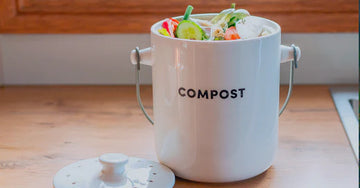
Recyclable, compostable, biodegradable: what's the difference?
Having a good handle on what’s recyclable, compostable, and biodegradable is just one way you can set yourself up to make decisions that are good for you and the planet.
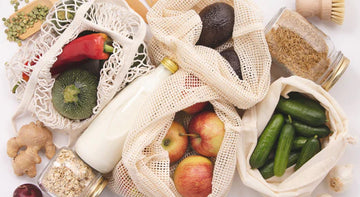
The problem of food waste (and what you can do about it)
There are few things quite as disappointing as seeing perfectly good food go to waste. Turns out it’s not just regrettable for food lovers, it’s a significant strain on the Earth, too.

A guide to fresh home-grown herbs all year long
All the information you need to start growing a window box garden filled with fresh herbs for your favorite dishes.
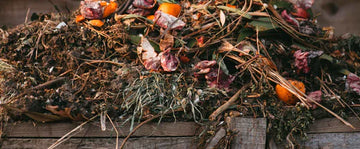
6 top tips on beginning your composting journey
Composting at home has become a great way to fertilize your garden while cutting down what goes into landfills. Here’s a quick guide and six tips to get you started on composting. It’s easier than you think.

How to get your garden ready for spring
By April spring is in full swing and it’s the perfect time of year to start planning your garden. So while the April showers come down, get started with these simple steps that will help put a smile on your face as you watch your garden come together.

Kana Parchment Paper is PEFC-Certified - here's what that means
Supporting sustainable forestry is a powerful way we can all work to revitalize the Earth's forests after decades of destruction.

Celebrating women’s contribution to food history
Throughout history, women have been at the forefront of changing the way we look at food. From inventing the modern cooking show to coining the term “stir fry”, here are five women who have helped broaden the way we see and prepare food.
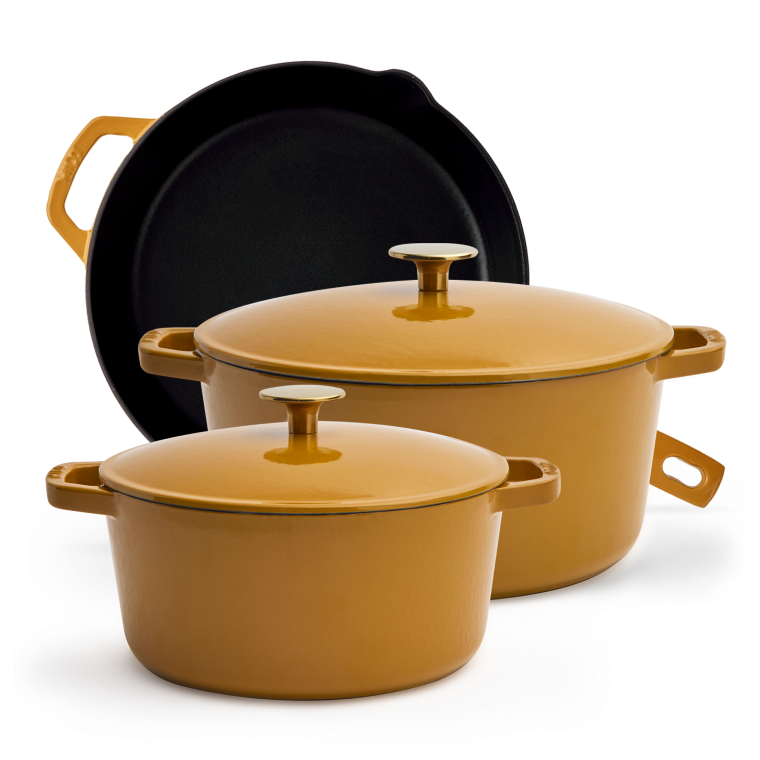
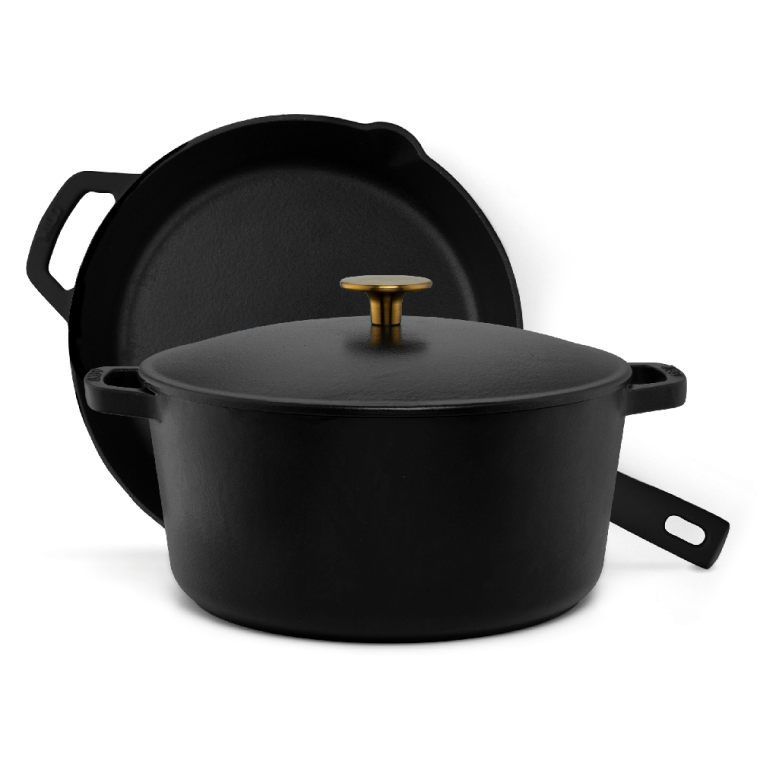
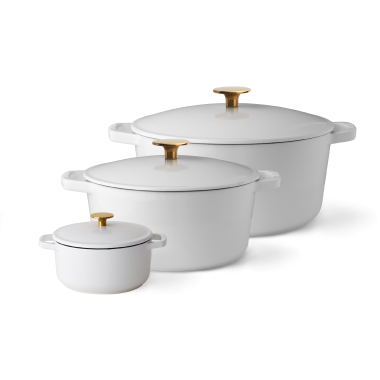
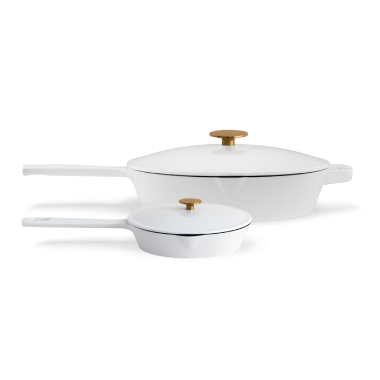


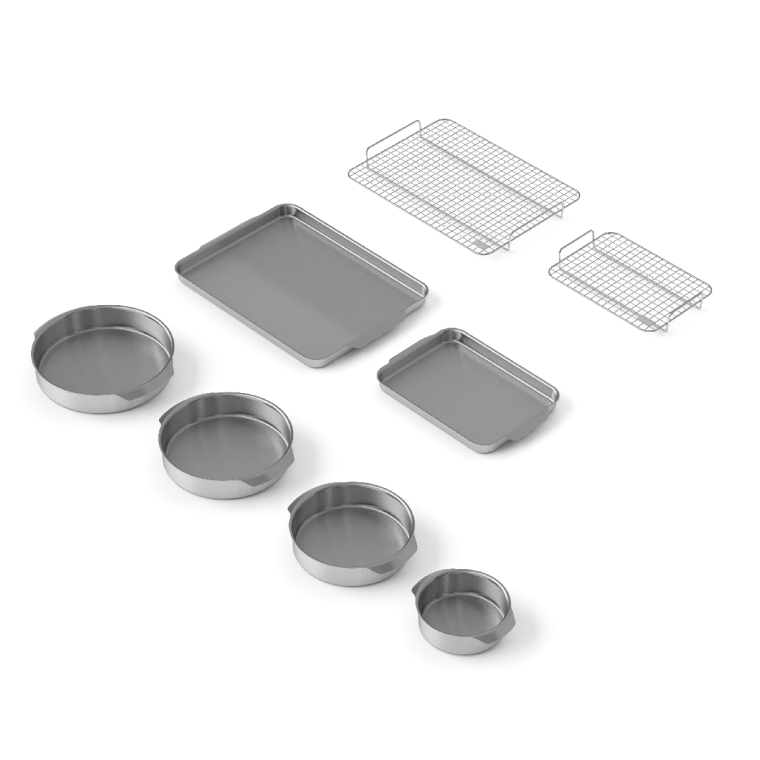



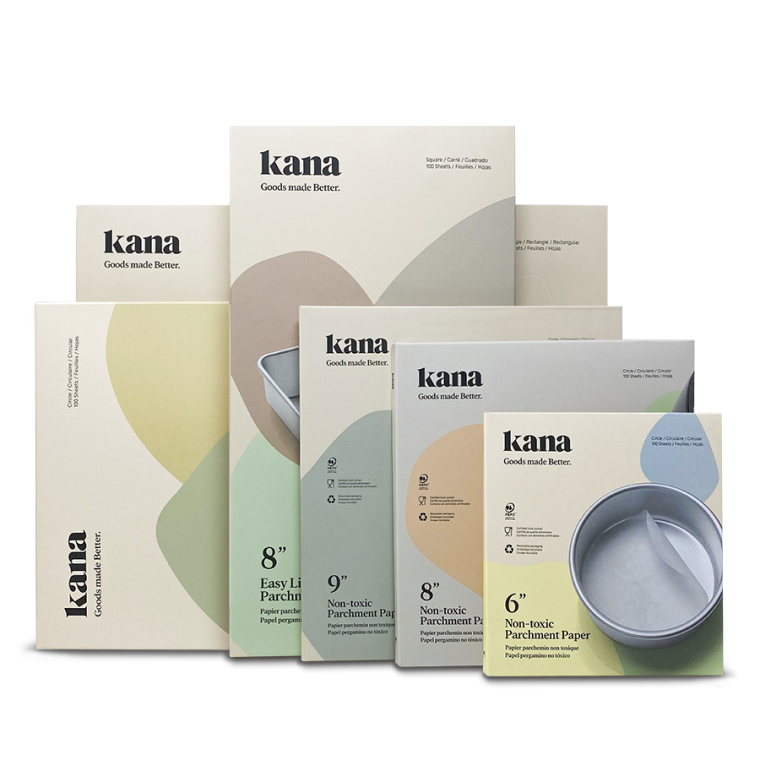







 Parchment paper
Parchment paper






